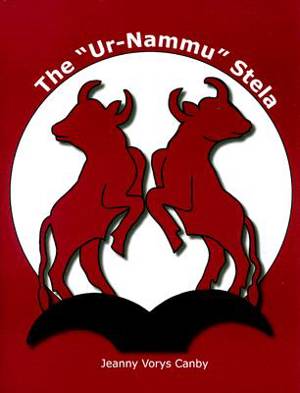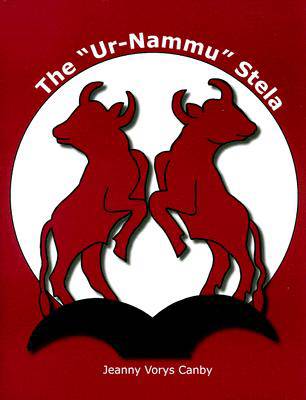
- Retrait gratuit dans votre magasin Club
- 7.000.000 titres dans notre catalogue
- Payer en toute sécurité
- Toujours un magasin près de chez vous
- Retrait gratuit dans votre magasin Club
- 7.000.0000 titres dans notre catalogue
- Payer en toute sécurité
- Toujours un magasin près de chez vous
Description
Ur-Nammu was king of Ur in ancient Mesopotamia (southern Iraq) around 2000 B.C. In 1925 a joint expedition from the University of Pennsylvania Museum and the British Museum discovered dozens of fragments of a monument in honor of Ur-Nammu. Because such works have rarely survived, the stela became one of the most famous examples of Near Eastern art, a status it retains today.
The stela had been ten feet high with registers in relief of scenes of religious practices on both front and back. By 1927 the best pieces had been restored in Philadelphia into an imagined version of the stela, with plaster filling the gaps. But more than twice as many small or worn pieces were omitted from the restoration and dutifully stored in boxes at the Museum. Jeanny Vorys Canby realized that the early reconstruction had been too hasty, and her meticulous, painstaking reexamination reveals a wealth of new scenes that revise our understanding of the monument. This book includes the justification of the reconstructions, description of the scenes, speculation on the ancient fate of the stela, as well as a description of each piece with photograph and drawing. These vigorous, innovative scenes contradict the long-held view from the old reconstruction that the monument was dull and repetitive. In fact, it is fresh and vibrant, with dynamic scenes peopled by beautifully sculpted actors. Entirely new evidence is presented here in scientific detail, including appendices from Steven Tinney, of the Museum's Babylonian Section, and Tamsen Fuller, conservationist. The book's conclusions will be of major significance to historians, archaeologists, art historians, biblical scholars, and anthropologists working in the ancient Near East and to scholars concerned with institutions of kinship, religion, and everyday life. University Museum Monograph, 110Spécifications
Parties prenantes
- Auteur(s) :
- Editeur:
Contenu
- Nombre de pages :
- 144
- Langue:
- Anglais
- Collection :
- Tome:
- n° 110
Caractéristiques
- EAN:
- 9781931707893
- Date de parution :
- 01-01-06
- Format:
- Livre broché
- Format numérique:
- Trade paperback (VS)
- Dimensions :
- 213 mm x 279 mm
- Poids :
- 544 g

Les avis
Nous publions uniquement les avis qui respectent les conditions requises. Consultez nos conditions pour les avis.






